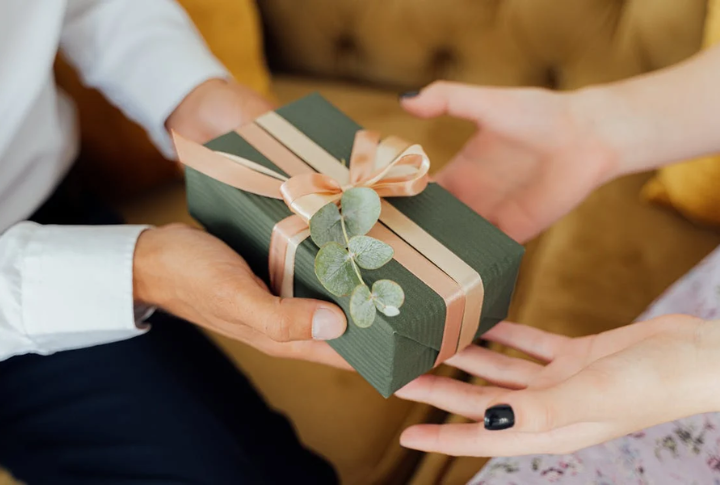15 Etiquette Rules Every Traveler Should Know Before Visiting Thailand

Thailand’s charm isn’t just in its beaches and temples—it’s in the way locals live and the customs they cherish. To truly enjoy your trip, you need to know how to play by their unspoken rules. Ready to level up your travel game? Here are 15 travel etiquette rules to help you blend in like a local and enjoy every moment!
Take Off Your Shoes Before Entering Homes And Temples

Shoes should be off before entering homes and temples in Thailand. This isn’t just a cultural norm but a way to keep sacred spaces clean. Many businesses and public spots follow the same rule, providing racks to leave your shoes. Remember, in some places, you may also need to remove hats or sunglasses!
Respect The Royal Family

When in Thailand, respect for the royal family is vital. Refrain from discussing or criticizing the monarchy, as it can have legal consequences. Royal portraits are everywhere—in homes, offices, and businesses. On the King’s Birthday, people even wear yellow to show loyalty. Keep in mind that it’s respectful to stand still when his image is shown on TV.
Dress Modestly When Visiting Temples

As you approach the serene and sacred space of a Thai temple, be mindful of your attire. Modesty is key—cover shoulders and knees and avoid tight or revealing clothing. If not dressed correctly, many temples offer rental clothing. Before entering, take note of signs reminding you to show respect with your attire.
Don’t Point Your Feet

In Thailand, feet are regarded as the lowest part of the body, and pointing them at others is seen as disrespectful. Always sit with your feet folded under or cross-legged on the floor. Avoid placing your feet on furniture, particularly in someone else’s home. Use your hand or chin when pointing.
Mind Your Head

The head is sacred in Thai culture, and touching it is considered impolite, particularly when it comes to children. It’s a sign of respect to bow when addressing elders or monks. Be mindful of these cultural values to avoid unintentionally offending others while interacting with the local community.
Avoid Public Displays Of Affection

Public affection, such as kissing and hugging, is generally frowned upon in Thailand, especially in rural regions. Holding hands is acceptable, but kissing should be reserved for private moments. Local customs emphasize modesty and self-restraint, with a smile being the preferred way to show warmth and friendliness in public.
Don’t Touch The Buddha

Never touch Buddha statues in Thailand, as it’s considered disrespectful. When in temples, refrain from sitting on statues for photos. Respect is shown by bowing or praying when near a Buddha. Take note that many temples display clear signs asking visitors not to touch the statues. Keep this in mind for a smooth visit.
Always Bargain Politely

As you stroll through the lively markets of Thailand, remember that bargaining is expected—but it’s all about respect. Approach the seller with a smile and politeness. If you’re too aggressive or offer a price that’s too low, the negotiation will likely end. Bargaining should be a friendly exchange, not a battle.
Never Point At People Or Objects

Respecting local customs in Thailand means avoiding the use of your finger to point at people or objects. Instead, use your hand or chin to gesture. Pointing at elders or religious icons is particularly offensive. Embrace this small but important gesture of respect for a more meaningful experience.
Don’t Raise Your Voice

Keep your voice low and remain composed in Thailand, as showing anger is considered disrespectful. Thais value calmness, especially when under stress. A loud tone can create discomfort and leave a negative impression. Thais are well-known for their ability to maintain composure, even during tense moments.
Avoid Sensitive Political Discussions

It’s important to avoid political discussions in Thailand, with topics involving the monarchy or government being highly sensitive. Discussing politics can lead to misunderstandings or legal consequences. The locals generally avoid divisive topics in casual conversations and value respect for the local government. Maintain neutral discussions to ensure a smooth and respectful experience.
Be Careful With Your Smile

A smile in Thailand is a powerful tool for showing respect and warmth but use it wisely. Excessive smiling in the wrong setting can cause confusion. Thai people smile when they’re uncomfortable or embarrassed, and so should you—use a smile to build connection, but know when to hold back in more serious moments.
Respect The King’s Birthday

On the King’s Birthday in Thailand, show respect by wearing yellow, a color symbolizing loyalty to the monarchy. This public holiday is marked with ceremonies, concerts, and public prayers for the King’s health. Many Thais also attend religious ceremonies and community events, as it’s celebrated as Father’s Day.
Use Both Hands When Giving And Receiving

Always use both hands when giving or receiving something in Thailand—it’s a sign of respect. Using both hands shows extra courtesy when interacting with elders, monks, or superiors. For gifts or money, make sure both hands are involved. A single-handed gesture might come across as lazy or even disrespectful.
Take Care With Public Transportation

When using public transportation in Thailand, be mindful of your surroundings. Keep your voice low and refrain from disturbing others. Offering your seat to elderly people, monks, or pregnant women is customary. Speaking softly on the phone and using headphones for music shows consideration for fellow passengers.






